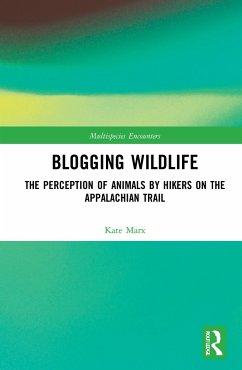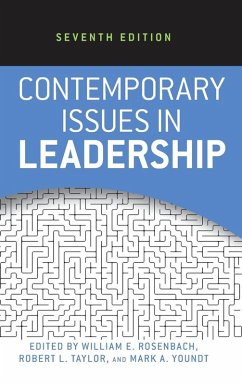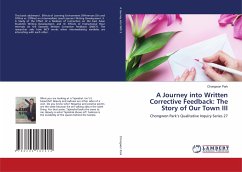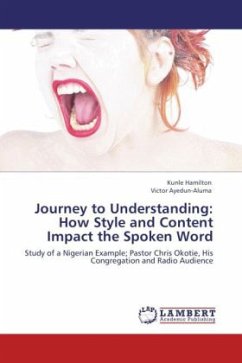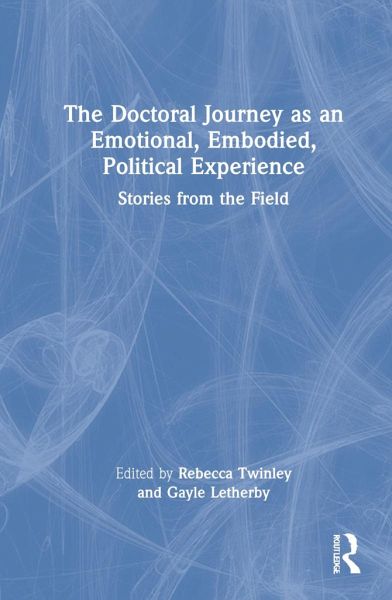
The Doctoral Journey as an Emotional, Embodied, Political Experience
Stories from the Field
Herausgeber: Twinley, Rebecca; Letherby, Gayle
Versandkostenfrei!
Versandfertig in 1-2 Wochen
168,99 €
inkl. MwSt.
Weitere Ausgaben:

PAYBACK Punkte
84 °P sammeln!
This book is the first text of its kind to capture stories of involvement in doctoral journeys from students, supervisors, and examiners. Drawing from experiences across a variety of disciplines, these stories demonstrate the ways in which this journey is emotional, embodied, and political.




